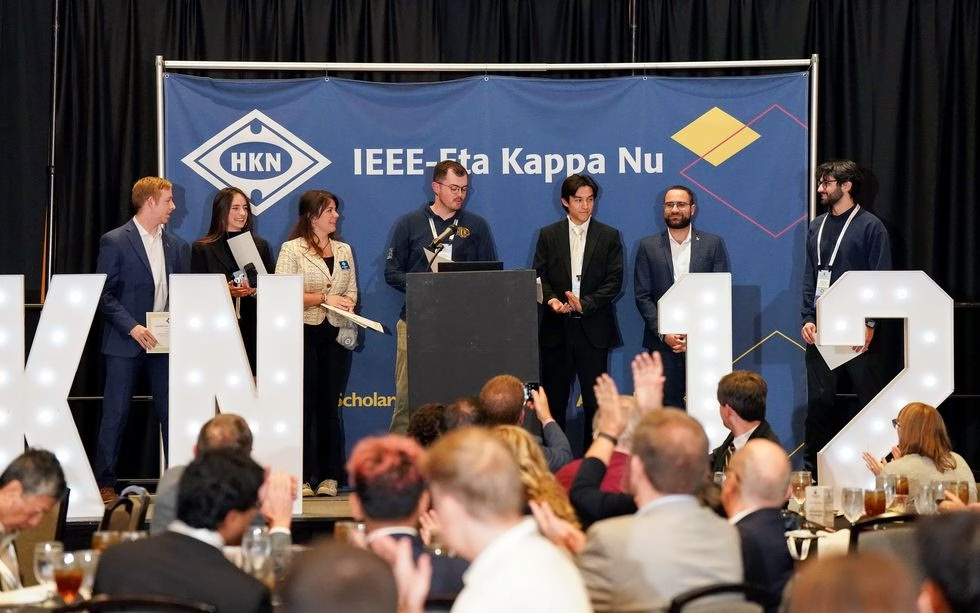Our strength is human capital, not resources under our feet, says NITDA DG at GITEX Dubai

Technology tamfitronics
On Monday 14, during the 44th edition of GITEX Dubai, a global technology showcase, three representatives from Baltimore (USA), India, and Nigeria participated in a panel discussion. They were invited to explain, in 60 seconds, why innovators should consider expanding into their respective countries.
Kashifu Abdullahi, the director general of Nigeria’s National Information Technology Development Agency (NITDA) and the only African speaker on the panel pitched three things: a predictable regulatory environment and access to human capital.
“We have identified our strength and it is human capital and not the resources beneath our feet,” he said to a room of founders and operators from all over the world, inviting foreign businesses to consider setting shop in Nigeria.
Abdullahi said with this realization, the government is training the population with in-demand tech skills to diversify the economy. The country’s goal is to become the destination for high-quality skills by 2030 when it is predicted there will be an $8.5 trillion talent shortage.
NITDA, under Abdullahi’s leadership for over a decade, has intensified efforts to increase digital literacy to 90% by 2030. It does this through its training initiatives such as the National Center for Artificial Intelligence and Robotics (NCAIR), which promotes research and skill acquisition in artificial intelligence.
The agency is also collaborating with the Federal Ministry of Communications, Innovation, and Digital Economy to train three million Nigerians in high-demand tech skills related to emerging technologies, including artificial intelligence.
Abdullahi also said the country has made exemplary policy changes that enable business growth.
“President Bola Ahmed Tinubu is a pro-business president. He has mandated our ministry to accelerate Nigerian economic growth by enhancing productivity in critical sectors through technological innovation.” He cited the Startup Act as one of such policies.
However, in the past, spontaneous policies such as the ban on motorcycles, increased KYC requirements for financial services and the now-rescinded cryptocurrency ban, have impacted the operations of tech companies in fintech, cryptocurrency, logistics, and other sectors. The country’s FX volatility has also seen the exit of several multinationals like Unilever and Procter & Gamble.
Abdullahi insists there is no better time for new businesses to invest in Nigeria. He told the audience to emulate Sudanese-born entrepreneur Mo Ibrahim, who invested in the African telecommunication sector when many investors thought the continent was not lucrative and grew an empire from it.
Discover more from Tamfis Nigeria Lmited
Subscribe to get the latest posts sent to your email.



 Hot Deals
Hot Deals Shopfinish
Shopfinish Shop
Shop Appliances
Appliances Babies & Kids
Babies & Kids Best Selling
Best Selling Books
Books Consumer Electronics
Consumer Electronics Furniture
Furniture Home & Kitchen
Home & Kitchen Jewelry
Jewelry Luxury & Beauty
Luxury & Beauty Shoes
Shoes Training & Certifications
Training & Certifications Wears & Clothings
Wears & Clothings
















